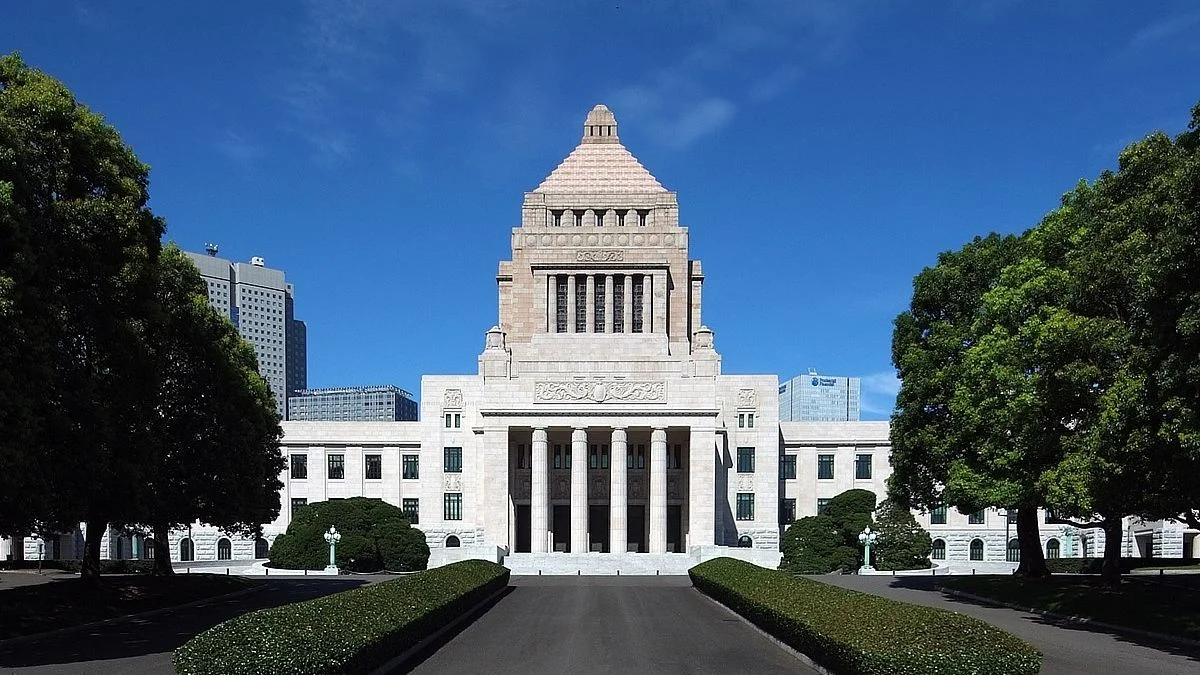Japan’s parliament is set to hold a special session on August 23 to discuss the Bank of Japan’s (BoJ) recent decision to raise interest rates. This meeting will focus on the implications of the rate hike, which has stirred significant reactions in financial markets.
Key Points to be Discussed
- BoJ’s Rate Hike: On July 31, the Bank of Japan surprised the markets by raising interest rates to a 15-year high. This move signaled the central bank’s readiness to increase borrowing costs further as inflation edges closer to the 2% target.
- Market Impact: The decision led to a major selloff in the Nikkei benchmark, marking its most significant drop since the 1987 Black Monday crash. Concerns over a potential U.S. recession added to the market’s instability.
Parliamentary Session Details
- Attendance: The special session will be conducted by the lower house financial affairs committee. Both BoJ Governor Kazuo Ueda and Japan’s Finance Minister have been asked to attend. They are expected to provide explanations and discuss the central bank’s strategy.
- Official Schedule: The final schedule for the session will be confirmed later today, according to government sources.
Why It Matters
- Political and Economic Implications: The rate hike has caused unease among ruling and opposition parties, leading to the agreement to summon Ueda for further explanation. This session will likely address concerns about the impact on Japan’s economy and financial stability.
- Looking Ahead: As Japan navigates these economic challenges, the outcome of this parliamentary session could have significant implications for future monetary policy and the overall economic direction of the country.
The upcoming special session in Japan’s parliament will be closely watched as officials and lawmakers discuss the central bank’s decision to raise interest rates.


